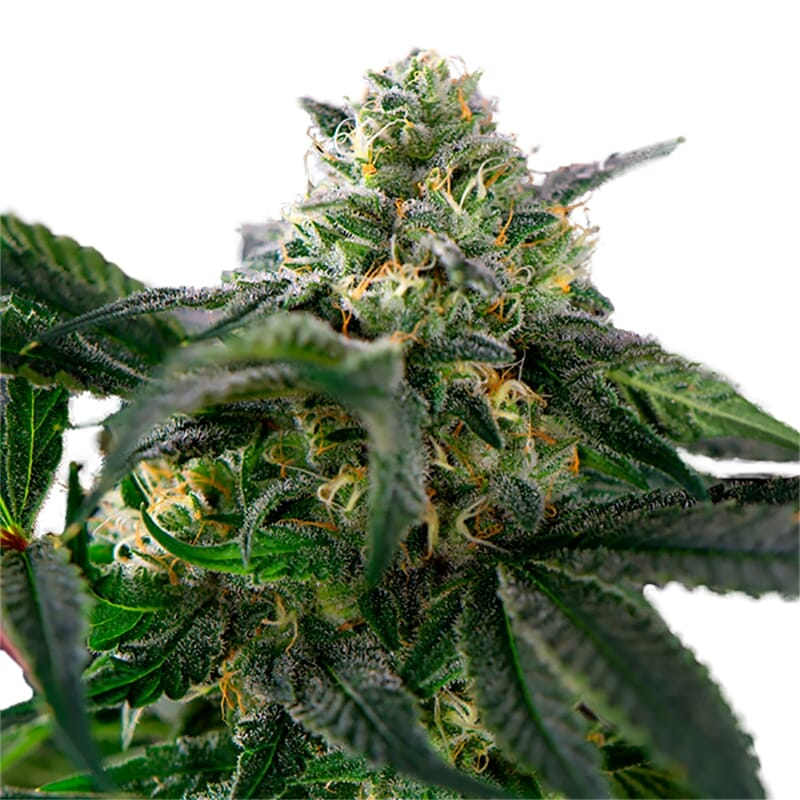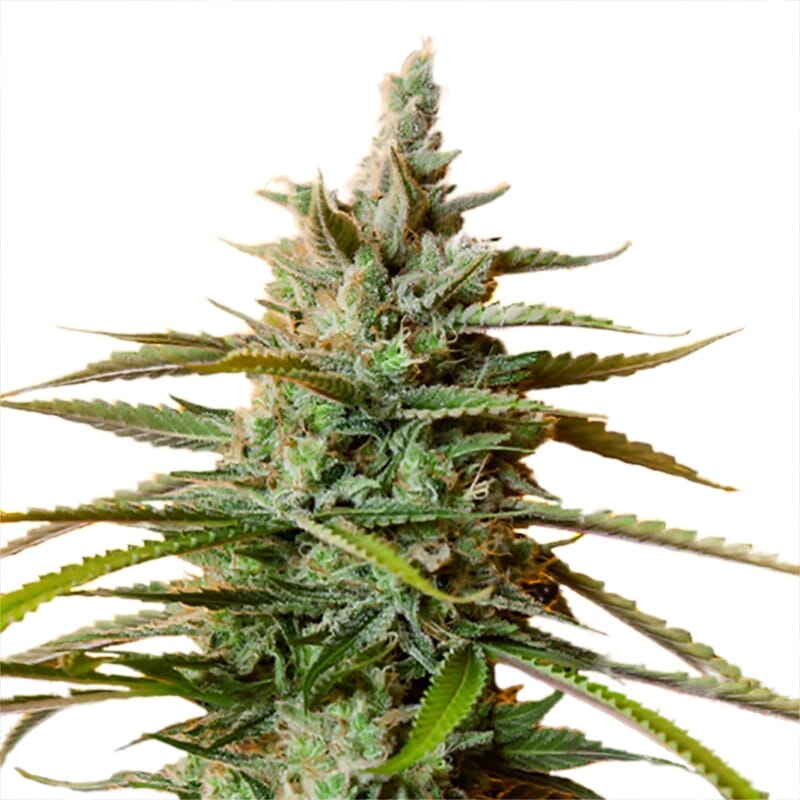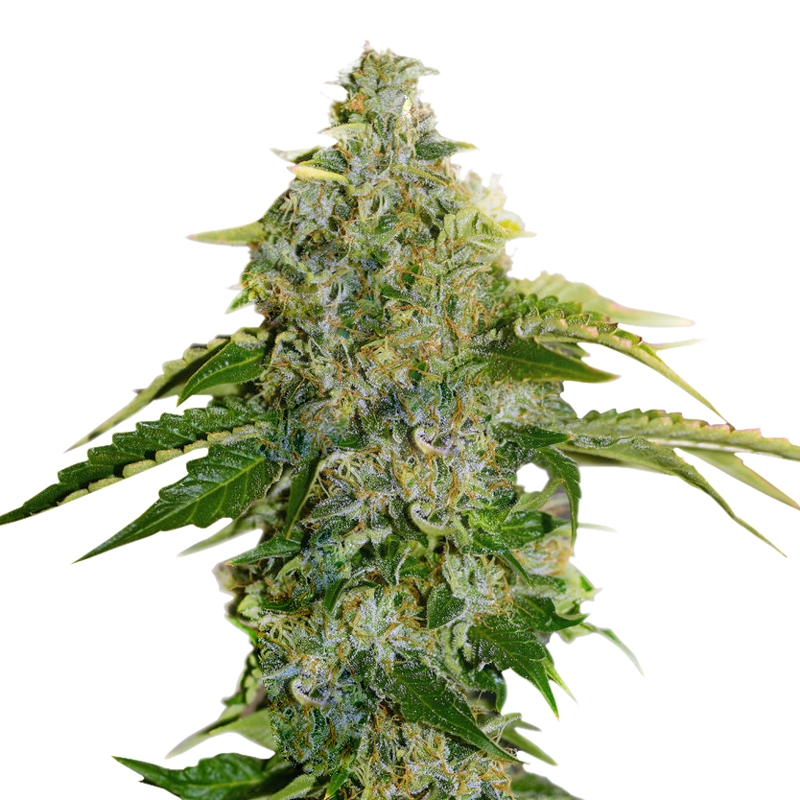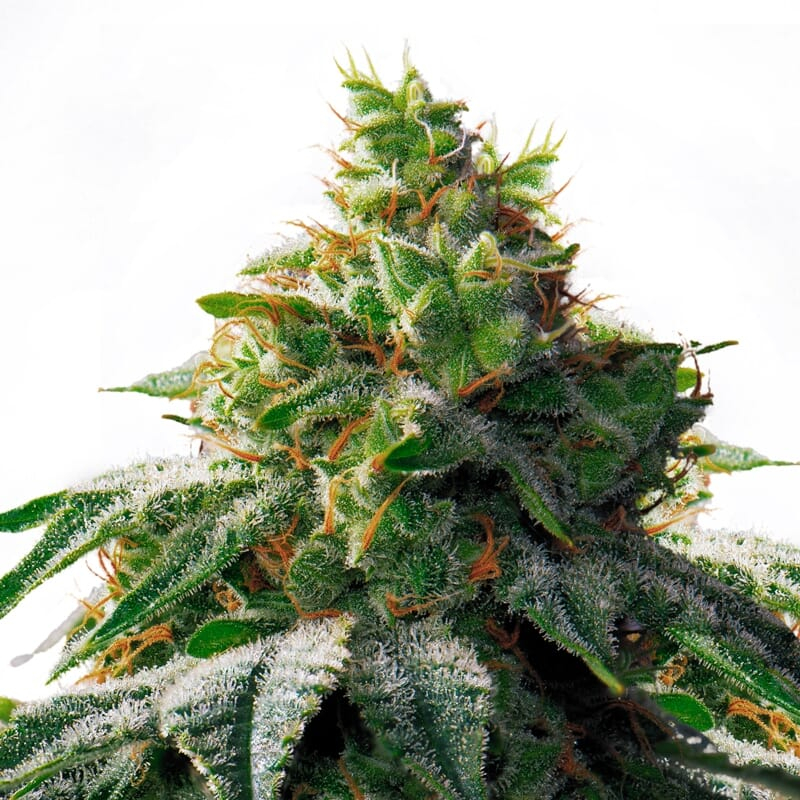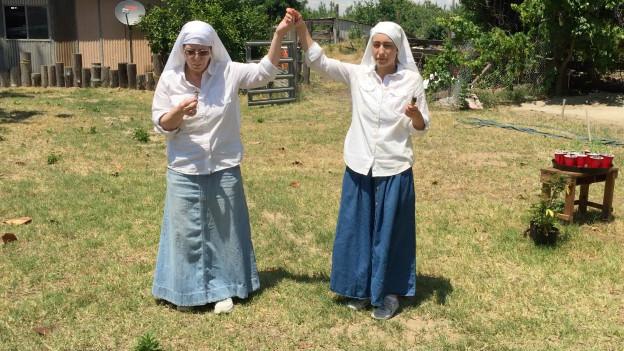Nowadays, you won’t find religion and marijuana in the same sentence. Unless you are talking about the First Church of Cannabis in Indiana, yes, it truly exists. However, this doesn’t mean that marijuana wasn’t welcome in religion once upon a time.
Ancient China: Cannabis as a Symbol of Power and Purity
Let’s go back to some of its earliest origins in China. Around the 28th century B.C. cannabis was a symbol of power over evil. In the emperor Shen Nung’s pharmacopeia it was called the “liberator of sin.” In the 5th century B.C. a Chinese Taoist priest wrote that Marijuana along with Ginseng was used to set forward time in order to reveal future events. Taoists added marijuana to their incense burners in the 1st century A.D. They believed the effects produced were highly regarded as a way to achieve immortality. Cannabis consumption in Taoism was reserved only for religious officials and not for ordinary people. This is probably one of the biggest perks I’ve ever heard of when becoming a religious official.
Ancient Japan: Purity and Rituals
Another Asian country with a history of cannabis in religion is Japan. In ancient Japan, hemp was used for ceremonial rights and for purification purposes. Shinto priests used a gohei, a short stick with hemp fibers attached to create purity along with sacred space. According to this Japanese religion, evil and purity cannot coexist alongside each other, therefore, they would wave the gohei, and the evil spirit inside a place or person would be driven away. During formal and religious ceremonies clothes made from hemp were worn because of their association with purity.
India: A Spiritual and Divine Gift
In ancient India and even today, Cannabis is no stranger to spiritual practices in India. There are many theories among the religions in India about how marijuana came to be. Some believe that the gods sent hemp out of compassion for the human race so that they may have delight, lose fear, and enhance sexual desires. Another popular theory is that both gods and demons churned the milk ocean to obtain immortality and as a result received marijuana. Whichever theory is believed it is no doubt that it is a gift from above. Nowadays in India, cannabis is made into a drink that the local people enjoy; it is said to be the favorite drink of Indra, the king of the Indian gods.
Shiva, one of the three principal deities of India, is closely associated with marijuana. Weed is considered Shiva’s favorite herb because of its spiritual properties and is commonly consumed by worshippers of Shiva. In Benaras, the main city of Shiva worship, cannabis is sold in government-run shops because it is such an important part of their religious culture.
Ancient Greece: Ritualistic Use
Ancient Greek religions also used cannabis. Scythians used marijuana incense for religious ceremonies. Herodotus (484-425 B.C.), the Greek historian, wrote that the Scythians held religious ceremonies where they burned hemp plants inside their tent-like structures. Participants in the ritual would inhale the smoke vapors for ritualistic and euphoric purposes.
Marijuana is not excluded out of Christian religion
According to a theory by Polish etymologist, Sula Benet, marijuana is not excluded from the Christian religion. In 1936, Benet proposed a new interpretation of Old Testament Hebrew text. She believed a mistranslation occurred in the original Greek version of the Old Testament. It mistook the Hebrew word for cannabis, kaneh bosm, as calamus, a plant normally used for making fragrances. If her translation is right then it would change the meaning of the text every time kaneh bosm was mentioned.
Ancient Iran: Shamanistic Ecstasy
Ancient Iran was not a stranger to the herb either. According to Mircea Eliade, a religious historian, “Shamanistic ecstasy induced by hemp smoke was known in ancient Iran. In the religious text, the Zend-Avesta it is at the top of the list of medicinal plants. This religious text calls marijuana a “good narcotic” and tells a story of 2 mortals that were transported in soul to the heavens. After they consume weed, the highest mysteries revealed to them.
Conclusion
Throughout history and the world, cannabis has been praised and used in religious ceremonies. It is strange to think that a plant with such an important role in religion has become almost nonexistent in most of today’s religions. It may be likely that your past ancestor was just as big of a pothead as you, but doing it in the name of religion.
FAQs about Cannabis had a place in ancient religions
Did ancient civilizations use cannabis in their religious practices?
Yes, ancient civilizations, including those in China, India, Japan, Greece, and Iran, used marijuana in their religious practices. It was often associated with spiritual rituals, purification ceremonies, and achieving altered states of consciousness.
Is there any evidence that marijuana was used in Christianity?
There is a theory by Polish etymologist Sula Benet that suggests a mistranslation in the Old Testament led to the omission of marijuana. According to her, the Hebrew word "kaneh bosm" was mistakenly translated as "calamus," potentially indicating that cannabis was used in ancient Christian practices.
How was cannabis viewed in ancient Indian religions?
In ancient Indian religions, cannabis was considered a divine gift from the gods. It was associated with various spiritual practices and rituals. Shiva, one of the principal deities, is closely linked to marijuana, and it is commonly consumed by his worshippers as a part of their religious culture.



